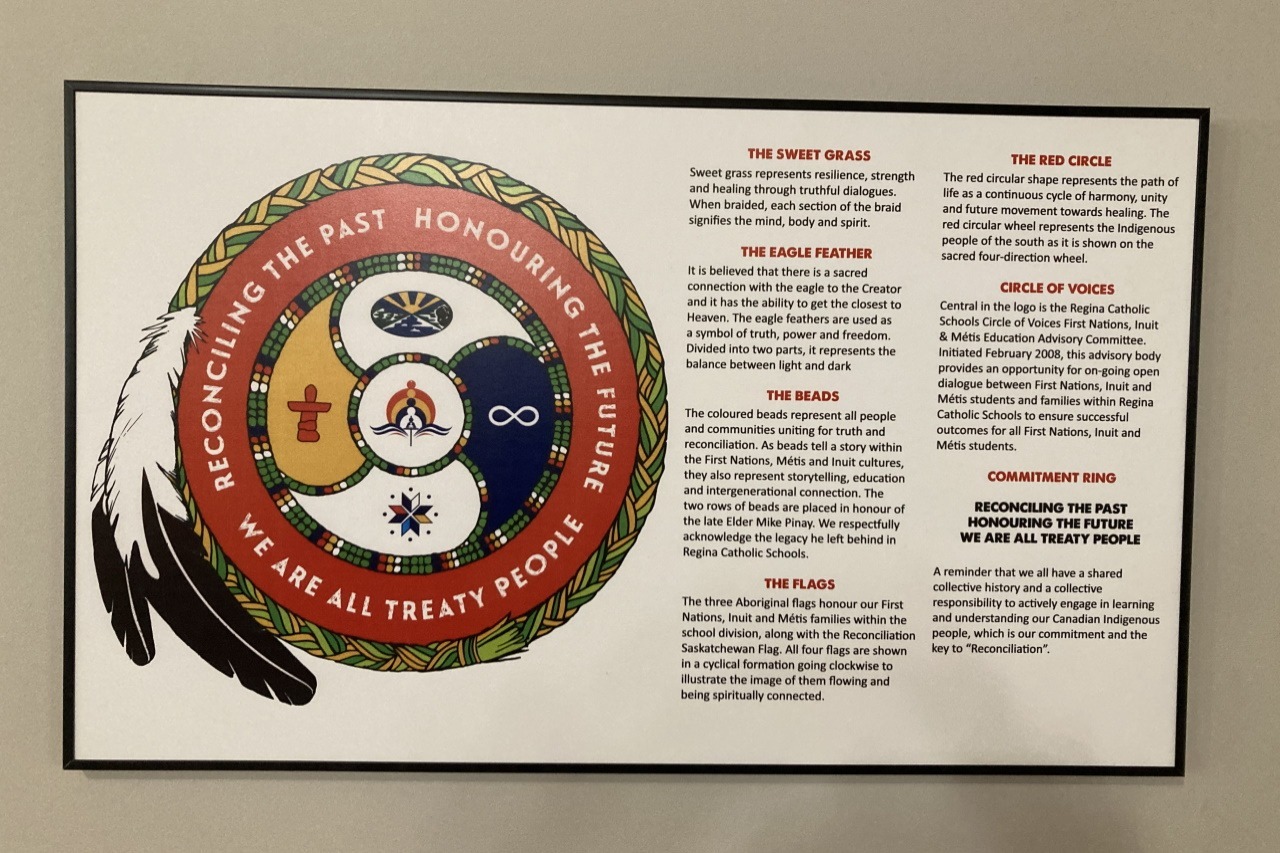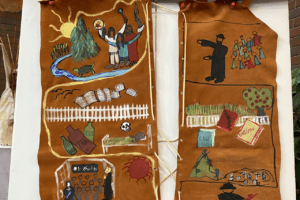A Sneak Peek of My Research on Filipino Catholics and the Challenges of the Truth and Reconciliation Process:
I am currently writing my research project for my Doctor of Ministry degree, on Indigenous-Filipino Catholic relations. When I began conceiving this research earlier in my program, two individuals asked why I was doing research on this topic. Filipinos already have problems and issues of their own to advocate. While I know this to be true, I still could not understand why we should not be part of the process. So, being hardheaded, I still pursued the research topic. Of course, regret happens only when you have finished deciding on something; in Filipino, “nasa huli ang pagsisisi.”
Although I have met many difficulties in doing this research, I still continue to believe that Filipinos should be part of the process. If not, Filipinos would remain invisible in the shaping of the Canadian society, inconsequential to this important national undertaking. Another important consideration is that, if Filipino Catholics are populating the Catholic Churches in Canada significantly, then the interlocutors of reconciliation, on the behalf of the Catholic Church, would also be Filipino Catholics! If a parish is composed of 65% Filipinos, then, that’s 65% less engagement if they are not partaking in this important responsibility of the Church.
There are four categories of Filipino Catholics that one might meet in relation to engagement with the truth and reconciliation process. There are the “bystanders” who, for various reasons, are unable to commit to engage. One of the most important consideration is the economic difficulties that these Filipinos might be facing. If they have to work for more than 8 hours a day, all days of the week and on top of that, care for their families, where would they find the time to educate themselves about Indigenous justice issues and advocacy? There are also those who could not find resonance with the Canadian issues, and whose energy is focused on Filipino communities and Philippine politics.
The second category are the “advocates.” These are mostly social justice activists who are socially aware and have experiences of activism both in Canada and the Philippines. They are in solidarity with Indigenous peoples as they advocate for Filipino causes and concerns.
The third category are the “fence-dwellers.” These are Filipinos who are socially aware and have adequate knowledge of Indigenous justice issues but, for varied reasons, are unable to translate these into practical responses either individually or communally.
The last category is the “defenders.” These Filipinos are the loyalists who would defend the church and might be offended by those who hold critical views about the church.
In whatever category Filipino Catholics find themselves, the responsibility of engaging with the truth and reconciliation process remains. According to Evangelii Nuntiandi, an apostolic exhortation written by Pope Paul VI in 1975, called every Christian to be witnesses of the Gospel in the society where they are, as a “silent proclamation of the Good News.” The document stated further that, “All Christians are called to this witness, and in this way, they can be real evangelizers. We are thinking especially of the responsibility incumbent on immigrants in the country that receives them.”1 Walking with Indigenous peoples is and will continue to be the responsibility of Canada and the Catholic Church, thus, by association, of the Filipino Catholics on these Indigenous lands.
1 Pope Paul VI, “Evangelii Nuntiandi,” accessed October 22, 2022, https://www.vatican.va/content/paul-vi/en/apost_exhortations/documents/hf_p-vi_exh_19751208_evangelii-nuntiandi.html, para 21.
Sr Patricia Lourdes “Petite” Lao, RNDM is a religious missionary of the Congregation of Our Lady of the Missions. She is currently a doctoral candidate of the Toronto School of Theology (Regis College) with a research interest in Indigenous-visible minority dialogue and the truth and reconciliation process.





I am impressed with your determination to pursue this important topic Petite and at the same time aware of how in many ways what you have discovered applies to many factions of our society both within and without the Church. Your point about the importance of Filipino participation in the reconciliation process is a call to action I had not thought given thought to. You have enlightened me in more ways than one. Thank you.
With you, I also “continue to believe that Filipinos should be part of the process. If not, Filipinos would remain invisible in the shaping of the Canadian society”. If that happens, a great source of energy for justice in the Filipino community is untapped, and Canadian society is poorer for it. Canadian Catholics’ efforts for Reconciliation lose vital energy if Filipino-Canadian Catholics are not part of that “long walk”.